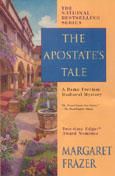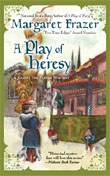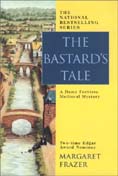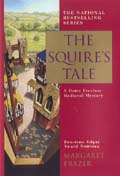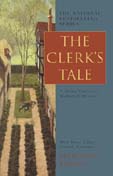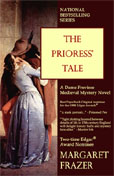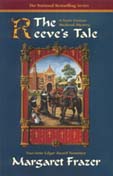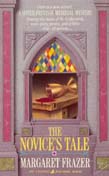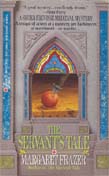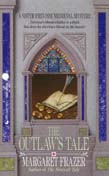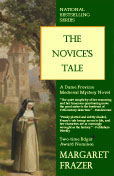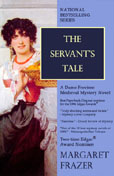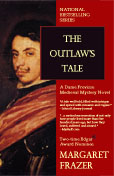A friend once phoned me after reading – I won’t say which of my later books – to exclaim at me with apparent indignation, “You used your own disease in the story!” What could I say but “Well, yes. There’s no point in letting it go to waste.
It’s a quality authors have: everything that happens is grist for a story or a character. More than once, I’ve been in the middle of some very real emotional crisis and become aware that in the back of my mind I’m thinking, “Remember how this feels. You can use it in a story sometime.” Shuffling between two nurses down a hospital hallway, still groggy from surgery and anesthetic, with tubes and drainage bottles hanging from me, what did I find myself thinking? “Remember how this feels. You can use it in a story sometime.” And I did, giving someone a wound high in one shoulder because I had some idea of how much movement he might have afterward. Pain to the point of screaming in the bone from cancer? I used that experience in a story as a character’s motivation for a final desperate act. Feeling the life go out of a well-loved cat as I held her… Let’s just say grief doesn’t get in the way of using even the saddest things.
So have my experiences added depth to my books? Oddly, I can’t honestly say one way or another. Mostly I’ve seen the cancer as a great annoyance and distraction, getting in the way of my work. But I suppose having the likelihood of one’s own death – not simply the fact that one is going to die but the knowledge of what shape that death is probably going to have – looking back at you day in and day out for fourteen years must certainly affect one’s relationship to the world and work.
What I’ve mostly found, though, is that I’ve been increasingly compassionate. The more I hurt, the more I want other people not to hurt. The more miserable I happen to be, the more I want other people to be as happy as they possibly can. I suppose as this desire has grown in me over the years, it has informed my writing, because I find myself often highly indignant at the murderers in my books. How dare they do something so vile, so selfish and dreadful?
Of course the fact that they are my murderers gives me occasional pause when I find myself angry at them. After all, whose fault are they if not mine? And even more so mine because in order to write them believably, I have to find something in myself that understands them, something in me out of which I can make them real. I’ve had people say to me, “You’re really Frevisse, aren’t you?” But the truth is that I’m all my characters. (I add with a wicked grin: Consider that the next time you encounter Alys.)
Now, thinking about it here, I have to consider that very possibly it is this need to look at the dark parts of me joined with my own bodily miseries that has roused and nourished in me this profound and aching desire for other people’s well-being. Knowing what it is to hurt, I want other people not to hurt. So when someone tells me that my books have given them comfort in a hard and hurtful time of their life, that gives me very great pleasure.
– Margaret


